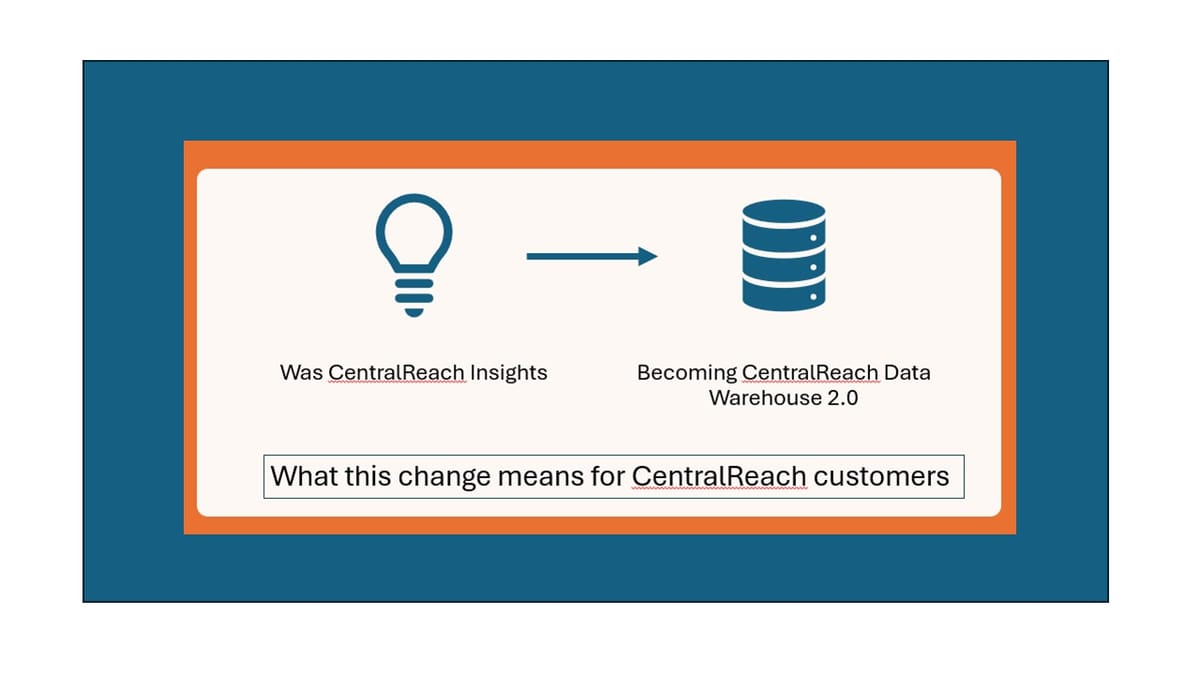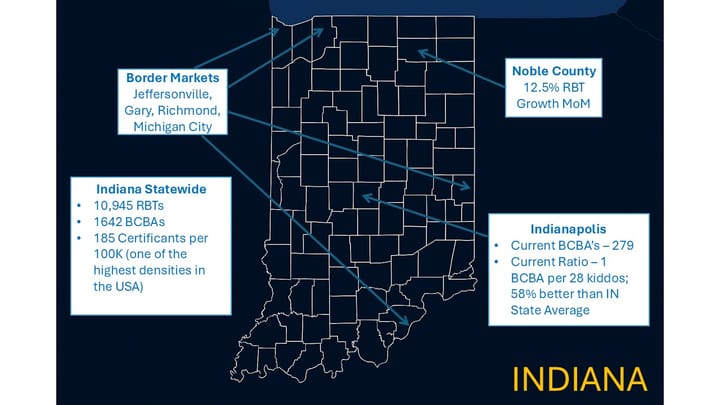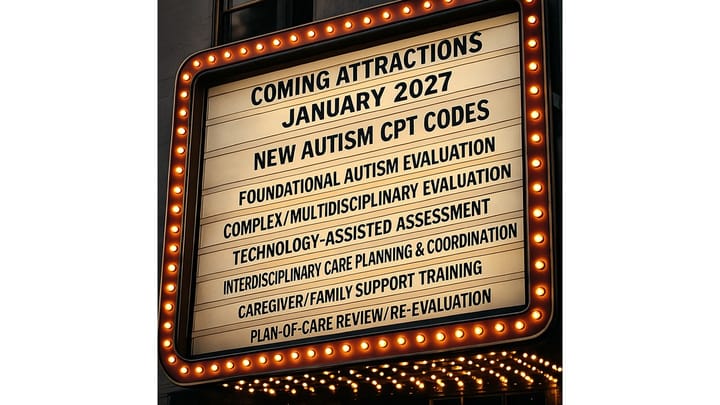Is CentralReach retiring “Insights,” for a new (and better) Data Warehouse structure?

Without much fanfare (at least yet), CentralReach appears to be sunsetting the “Insights” brand name and replacing it with a more open and explicit structure: Data Warehouse 2.0 (DW2).
While not formally announced as a rebrand, this shift marks an important philosophical change. The new documentation refers exclusively to DW2 views and includes extensive mappings across billing, scheduling, assessments, claims, and custom fields—signaling an acknowledgment that the data is fully downloadable and belongs to the customer. That’s not just a shift in labeling—it’s a shift in posture.
Key Examples of DW2 Changes
- Appointments and Scheduling:
The legacyinsights.Appointmentstable will be restructured into multiple DW2 views like:dw2.Appointments(event-level metadata)dw2.AppointmentServices(individual service lines)dw2.AppointmentParticipants(linked contacts for group sessions)- These are supported by additional views like
dw2.AppointmentChangesanddw2.AppointmentsRecentInactive, enabling detailed audit trails and historical tracking (which in my opinion was a major gap!)
- Billing Overhaul:
DW2 splits billing data across: Mileage, drive time, and payor adjustments are now first-class citizens in the schema—easing integration into RCM analytics and KPI reporting.dw2.BillingEntriesCurrent(active billing lines)dw2.BillingEntriesHistory(versioning and audit trails)dw2.BillingEntryLogistics(geolocation and time zone metadata)dw2.ERAToBillingEntriesBridgeanddw2.ERAClaimSummary(payer reconciliation)
- Assessments and Skills:
Clinical assessment data, often opaque in the legacy schema, will be split cleanly: For teams building outcomes frameworks or working with platforms like VB-MAPP or AFLS, these structures seem far more workable.dw2.Assessments_Detail(per-skill scoring)dw2.Assessment_Header(assessment-level metadata)dw2.Assessments_Ref(protocol and skill definitions)
Deprecation and Migration Risk
This is not a backward-compatible change. Existing dashboards, queries, and integrations built on the old insights. schema will break if not migrated.
Table names have changed. Field names have changed. Joins and normalization are more complex—but also more scalable. For example:
insights.BillingEntrieswill bedw2.BillingEntriesCurrentanddw2.BillingEntriesHistory, each with unique structures and purpose.- The
ContactAddressesconcept will be replaced by more normalizeddw2.Addresses,dw2.PrimaryOfficeAddress, and metadata-driven joins.
To date, CentralReach has not published an official sunset date for the original schema. But based on the growing number of systems already mapped to DW2 (including Claims, Appointments, Assessments, and Fee Schedules), the transition is clearly well underway.
Strategic Implications for the ABA Stack
In earlier posts, I’ve talked about the need to consolidate operational, clinical, and financial data across the ABA stack. Whether for internal decision support or external benchmarking, the ability to work with unified, accurate data is foundational.
DW2 supports this direction—but it’s still on you to:
- Rebuild pipelines
- Update dashboards
- Normalize joins across
ContactId,ServiceCodeId,AppointmentSeriesId, etc. - Design a data model that integrates CentralReach data with other platforms (e.g., CRM, HR, payor portals)
Takeaways
- CentralReach is making data more accessible, not less—but at the cost of migration effort.
- The DW2 schema appears to be well-documented but highly normalized; expect to rebuild existing queries.
- There’s no public sunset date for Insights, but DW2 is already the default for new documentation.
- This change aligns with broader ABA trends: transparency, interoperability, and a shift toward outcome-driven operations.
- This could be one example of a positive outcome resulting from Roper's acquisition of the CR platform.
If you’re using a hosted CentralReach data warehouse—or planning to—now is the time to assess your mappings and prepare for transition.
Click here to subscribe for more insights on ABA technology, operations, and strategy.



